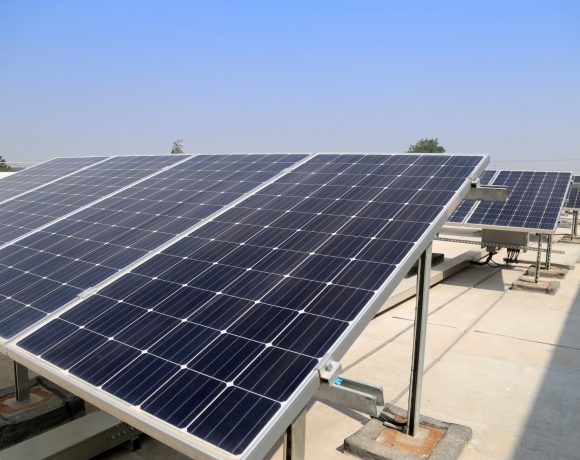
Apple to Shift U.S. iPhone Production to India by 2026
In a major strategic shift, Apple Inc. is preparing to relocate the assembly of all iPhones destined for the U.S. market from China to India by the end of 2026. This move is aimed at reducing supply chain risks, diversifying manufacturing operations, and countering rising trade tensions between the United States and China.
iPhone Production in India
Currently, India manufactures around 40 to 43 million iPhones annually, with nearly 80% of the production being exported. Apple now plans to scale this figure significantly, targeting production of 70 to 80 million units per year by 2026. This ramp-up positions India as a key global hub for iPhone manufacturing, supporting Apple’s broader supply chain diversification goals.
The growth of production in India reflects Apple’s efforts to build a more resilient manufacturing ecosystem outside China, particularly in light of global geopolitical uncertainties.
Apple Manufacturing Shift
The decision to shift operations is influenced by the imposition of steep tariffs—up to 145%—on Chinese-made goods entering the United States. By moving assembly lines to India, Apple aims to maintain competitive pricing for its products in its most critical market without the burden of additional tariffs.
Apple’s suppliers, including Foxconn and Tata Electronics, are playing a crucial role in this transition, rapidly expanding their manufacturing capacities across India. The strategy not only minimizes risk but also taps into India’s growing industrial capabilities and workforce expertise in electronics manufacturing.
U.S. iPhone Assembly
Apple’s long-term plan involves ensuring that all 60 million iPhones sold annually in the United States are assembled in India. To meet immediate needs, Apple has already ramped up air shipments from India, reportedly airlifting hundreds of tons of iPhones to the U.S. in recent months to pre-empt tariff pressures.
Supporting this expansion, the Indian government has expedited customs clearances and provided key logistical support to facilitate smoother operations for Apple’s supply chain partners.
While challenges remain — including enhancing India’s yield rates and addressing supply chain inefficiencies — Apple’s commitment signals a strong vote of confidence in India’s manufacturing future. The shift also marks a pivotal moment in global electronics supply chains, positioning India as an increasingly critical player in high-end technology production.


















